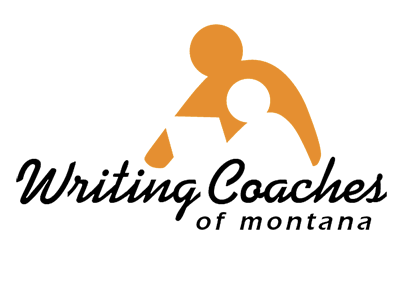During the 30 years I taught high school, former students frequently contacted me to tell me that my words had changed their lives (many teachers get these calls) and then “quoted” something I had no memory of saying. It was baffling.
But I know, and I bet you know, how a teacher’s offhand remark can stick with you forever.
I know this because in seventh grade—and before I tell you this, please stop and gather seventh grade in your memory: the awkward physical developments, the social drama, the craving to be the star of your life one day and invisible the next…in THAT seventh grade my geography teacher Mr. Fleming asked the class a question, then ignored my raised hand.
When he had no other offers, he leveled a sad look at me and said, “You know, boys don’t like girls who have all the answers.” And everyone laughed. So I laughed too. And something in me withered.
I’m sure a week later Mr. Fleming didn’t remember.
And then in a high school English class we read Milton’s epic poem Paradise Lost aloud and Mr. Hutchinson said only he could read the part of God because, he said, when we mumbled God’s glorious lines, “it hurts my heart”. One day Hutch was out, a sub was in, and the sub said Hutch had left instructions for me to read God’s lines. Aloud. And something in me bloomed. I later worked as a writer and then became a teacher because of Hutch.
When I told Hutch this some 30 years later, he smiled and said, “Huh? I did that?” He didn’t remember.
My friend Rosemary taught first grade for many years—the grade where kids come out either reading or not. It is an awesome responsibility to touch young lives so profoundly. Rosemary told me that she made sure to say one personal positive thing to each kid every day so each felt seen, heard, respected, loved. It’s hard to do that with 15 or 25 kids a day, or in the case of high school teachers, maybe 125, but without those feelings, it’s hard for any of us to want to learn.
Please pardon my conceit when I say good teachers are heroes. They are educators, scholars, social workers, psychologists, family counselors, advocates and confessors. They are cheerleaders for kids who may have little support outside of school, for students who don’t learn in traditional ways, for every kid navigating speed bumps on the journey through childhood and adolescence. They are overworked heroes.
Writing Coaches are visitors, not teachers, but it’s an honor to support the work of great teachers who invite us to work with their students. At the start of each session we’re strangers, and most students approach us with some degree of trepidation. But when we start asking genuine questions about their topics, opinions, and experiences, students blossom. The questions aren’t a judgment or a challenge, but part of a real conversation. That conversation alone is a lesson in social skill.
Sometimes students come with drafts that are detailed, polished and clear, and aside from minor questions or suggestions, all I can offer are observations that reward the time and effort they put into their work. Talent is an unearned gift, but hard work is the virtue that brings talent to life, and it is important that we value the difference.
Some students come to our sessions and (avoiding eye-contact) explain they “have a rough draft, but it’s still in my head.” I have no idea why they haven’t created a draft on paper by the deadline, except that I know writing is hard and life happens.
My job as a coach is not to judge but to help, so their mental “draft” becomes our jumping-off place. In 15-20 minutes we can create an outline of what they want to say, organize the topic into a few main points, or make a list of information they still need to gather and—Boom! They now have a model of how to begin, a roadmap to follow. At the end, their looks of relief and possibility (as they look me in the eye) are heartwarming.
When I was teaching, this was something I wanted to do with each and every student, but there was never enough time to do it all. As a writing coach, we can offer students a one-on-one audience, with feedback that models, instructs, encourages, and shows students that their thoughts and words matter. The students matter.
Once, a student explained that writing assignments used to overwhelm her, like a directive to “eat an elephant.” I understood the feeling, but she said she had it figured out.
“How do you eat an elephant?” she asked.
I shook my head and shrugged.
She smiled at me. “One bite at a time.”
That student is now a teacher. But as a student, she was my teacher.

